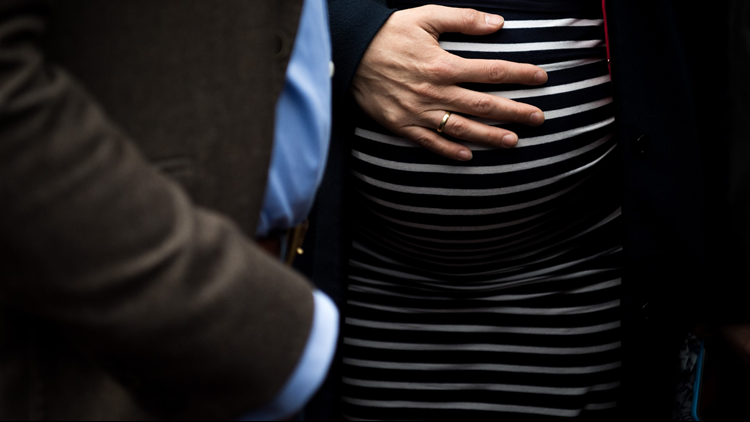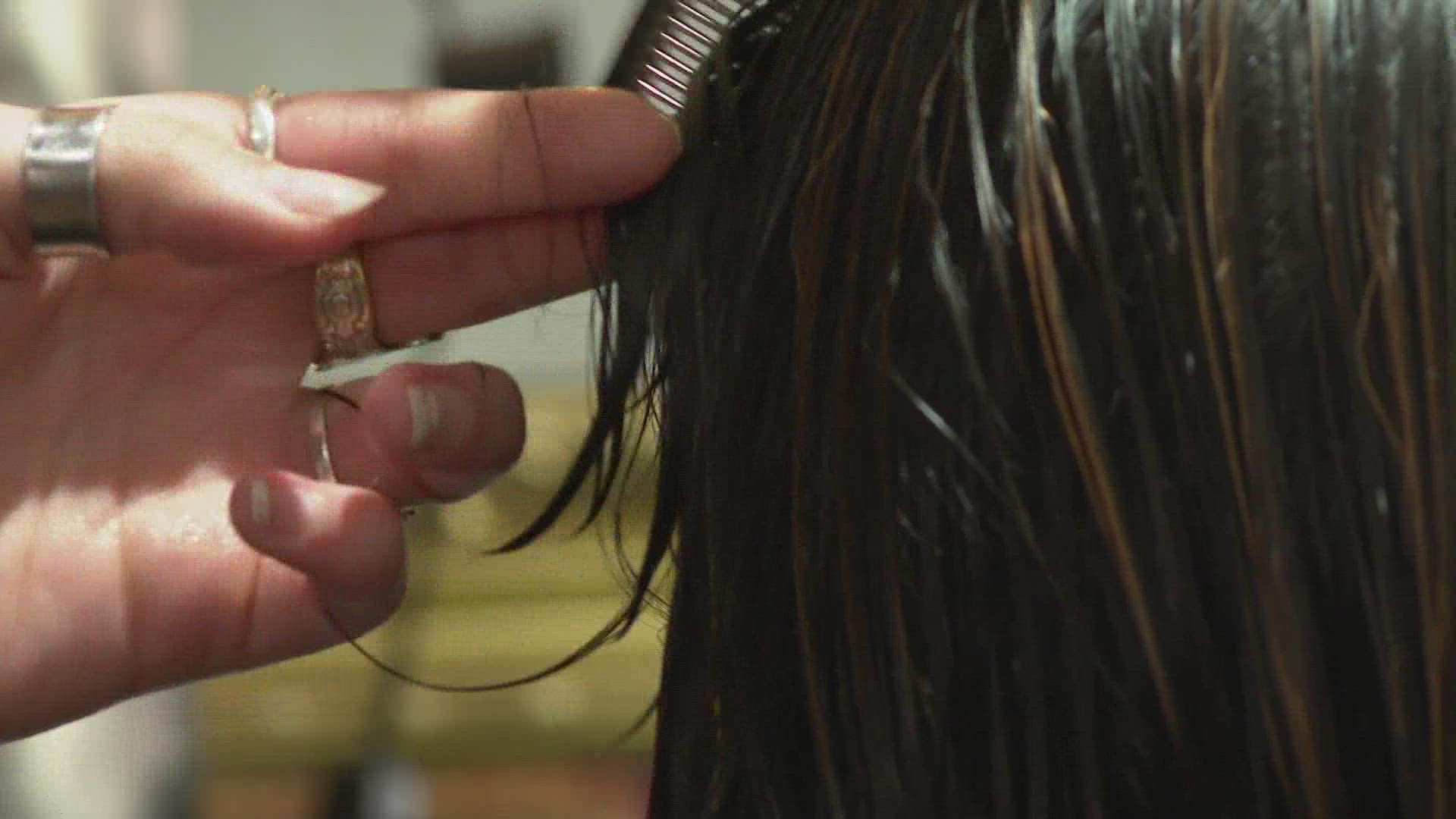1) The old adage is "Gain a child, lose a tooth." Do women with more children have less teeth? FACT
Anyone who has been pregnant, or watched a friend, family member or loved one be pregnant, knows that it wreaks havoc on a woman's body. Research has shown that the more children you have, the more teeth you lose.
Women with two children of the same sex, followed by a third child of the opposite sex was associated with losing four teeth. Men did not see the same tooth loss. During pregnancy, women have increased levels of hormones which make them more susceptible to gingivitis, periodontal disease and an increased risk of tooth decay (from eating more carbohydrates and/or vomiting during the first trimester).
Take home point: Don't skip out on those dentist visits before, during and after your pregnancy!
2) Mothers now face less judgment and scrutiny than their grandmothers did? FICTION
First, yes someone researched this beyond what we all experience in our own lives and struggles as moms. And, our grandmothers had it easier, they were mostly left alone to raise their kids. Particularly around breastfeeding vs. formula feeding, staying home versus working, and having children too early or too late, we are living in a much more "judgy" world.
The internet, social media, and the connectedness we all experience 24/7 can actually make being a Mother even more difficult.
Take home point: The next time you start to think about "providing your input" on a mothering/parenting topic, it might just be best to save it for another day (or not at all). Parenting, and "Moming" in general is stressful enough without the armchair quarterbacking.
5) I can't have children after age 35? FICTION
Research has shown that women are having babies later in life. More women are choosing to finish their education and start their careers before having children. The average age for a first child is still late 20's, but the shift is noticeable. Along with that is the fear all women have from the day they turn 30 about what happens to their risk for miscarriage or a baby with chromosomal issues after the age of 35. Risk of miscarriage goes from 20% at 35, up to 80% by 45 years old. Risk of a having a child with chromosomal abnormalities goes from 1/1250 at 25 years old, 1 in 400 at 35 years old and 1 in 30 by 45 years old.
That being said, with the new genetic screening tests that are available, better ultrasound technology, and improved fertility techniques, more women are having happy, healthy babies. I had mine at 36 and 38 years old. And although it can be challenging, it was definitely worth the wait for me.
Take home point: If children are what you want, you can definitely have them. And for goodness sake, can we stop calling moms 35 and over Advanced Maternal Age? I would prefer "Waited Until I Could Handle It" Moms.



